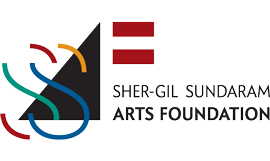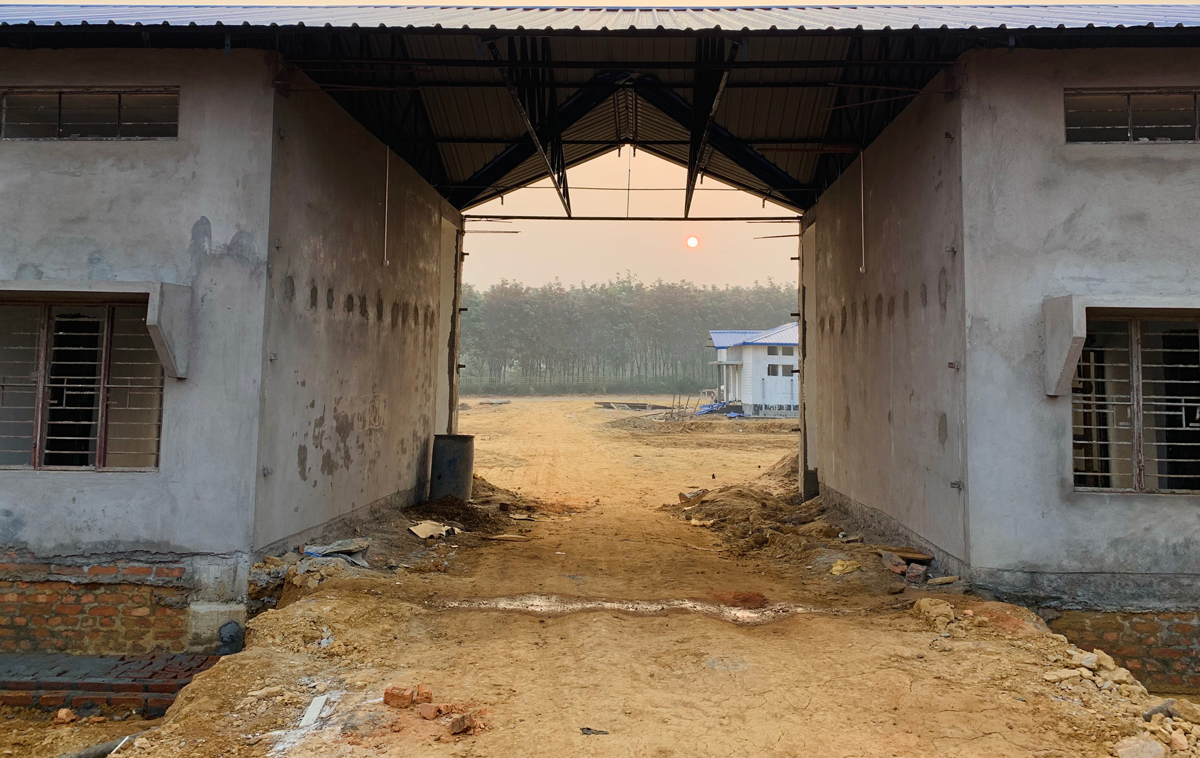
2021 | Facing History and Ourselves
Facing History and Ourselves
By Subasri Krishnan

Entrance to the Detention Centre (under construction, January 2020). Matia, Goalpara district (Assam). Photograph by Subasri Krishnan.
The contemporary history of Assam is rooted in the trails of partition of the Indian subcontinent, the migrations that ensued and resulting contestations around socio-political identities around linguistic and ethnic questions. How might we imagine possibilities of a future outside the categories of ‘citizen’, ‘foreigner’, ‘nation-state’— concepts and conditions that are the result of late 18th century European imperialism and yet continue to be at the forefront of the legal and historical exclusion of people, and structures of power that are constantly reproduced in official narratives in the public domain. “Facing History and Ourselves” foregrounds oral testimony as a mode of creating alternate histories of people and places; as a way to start building an archive of people and their lives, who are more than the label of being a ‘stateless’ person in Assam.
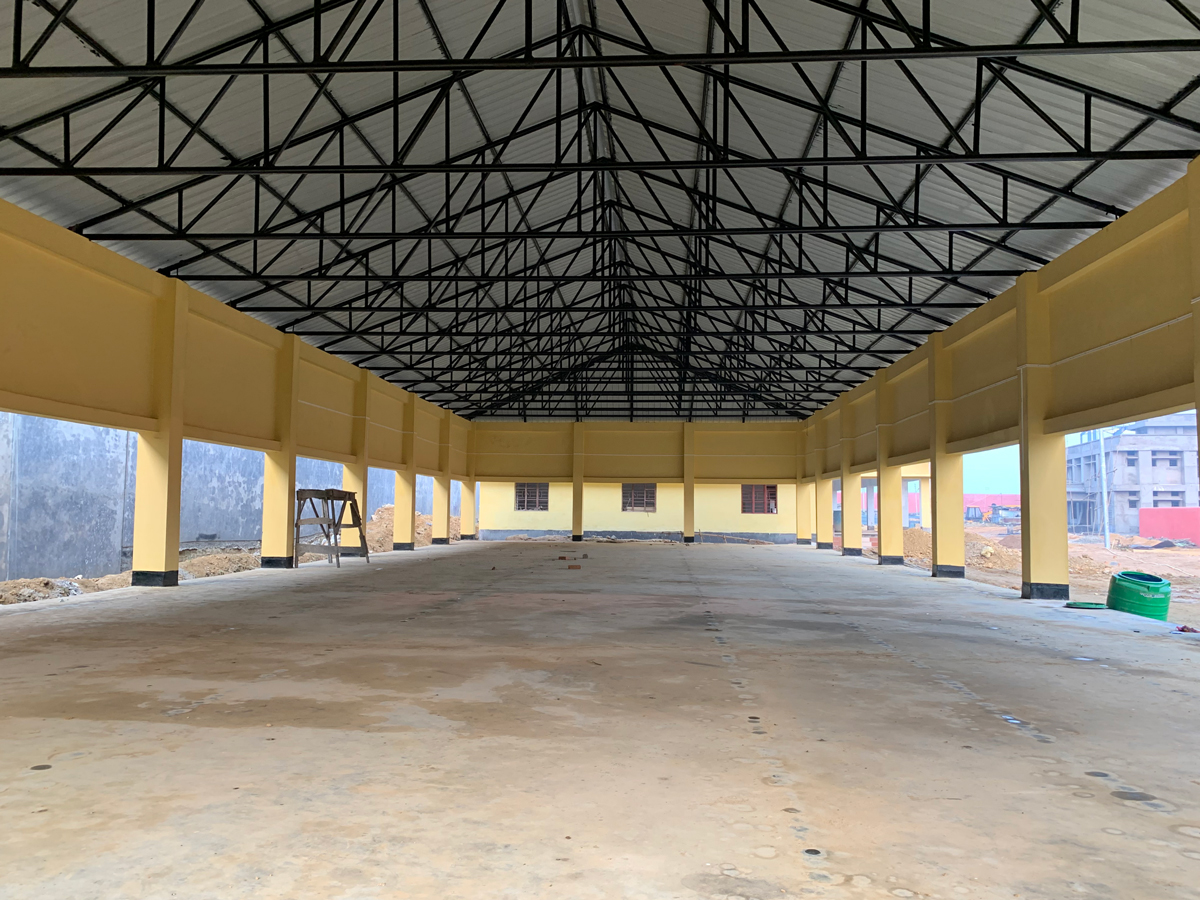
Hall in Detention Centre (under construction, January 2020). Matia, Goalpara district (Assam). Photograph by Subasri Krishnan.
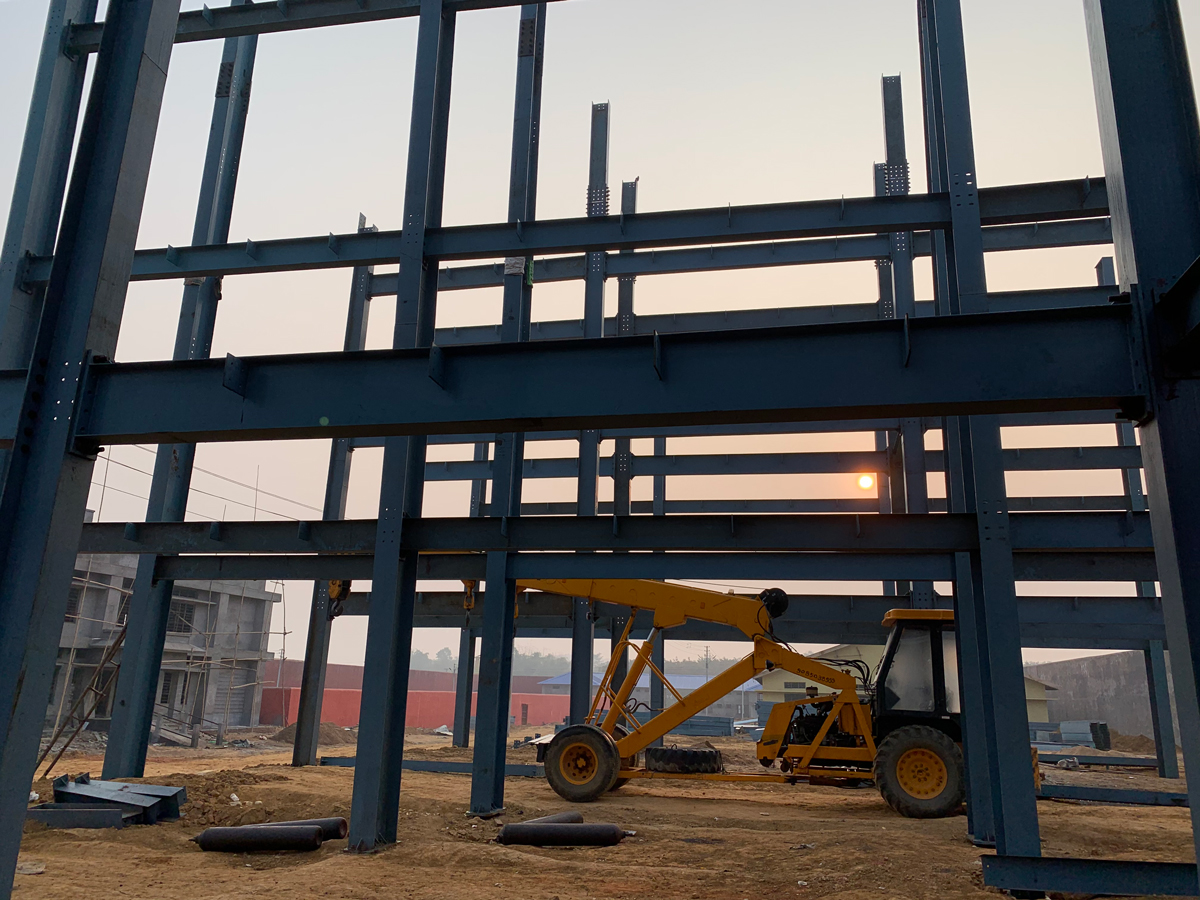
Construction of the Courtyard in the Detention Centre, January 2020. Matia, Goalpara district (Assam). Photograph by Subasri Krishnan.
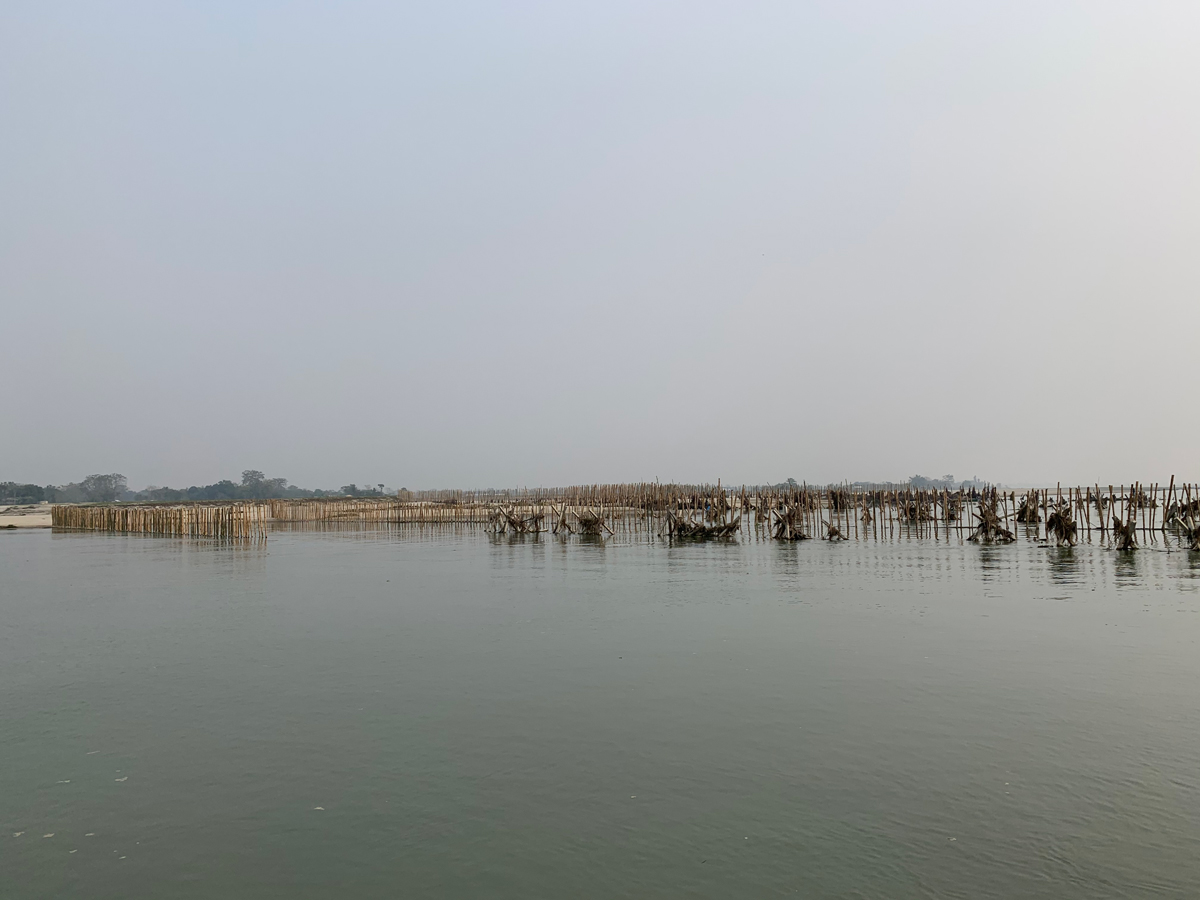
Enroute to a Char (riverine island), January 2020. Photograph by Subasri Krishnan.
As part of the project, Subasri Krishnan will produce short audio-visual essays and curate a series of panel discussions and film screenings for the SSAF Lab.
*The title of the project is partially borrowed from academic Martha Minow’s book Between Vengeance and Forgiveness: Facing History After Genocide and Mass Violence.
Panel 1: ‘Citizenship and its Discontents’
Malini Sur, Abdul Kalam Azad, Rupali Samuel, Sahana Ghosh
Panel 2: ‘Image and Memory’
Sourav Sarangi, Supriyo Sen, Devshree Nath, Subasri Krishnan, Surabhi Sharma
Panel 3: ‘Trails of Partition: Assam and the NRC’
Abhishek Saha and Rohini Mohan in conversation with Makepeace Sitlhou
Subasri Krishnan is a filmmaker and leads the Media Lab at the Indian Institute for Human Settlement (IIHS), where she teaches and curates the Urban Lens Film Festival. Her films deal with contemporary politics through the lens of identity and citizenship. Her filmography includes “Brave New Medium” on internet censorship in South East Asia, the award-winning “This or That Particular Person” that looks at the idea of official identity documents and the Unique Identity number or Aadhar. The film was adjudged as the Best Short Documentary Film at the International Documentary and Short Film Festival of Kerala (IDSFFK), 2013. “What the Fields Remember”, her film on the Nellie massacre that took place in Assam in 1983 explores ideas of memory, violence and justice through survivors’ narratives. The film has been screened at film festivals and universities in India and abroad to critical acclaim. Subasri’s recently completed film titled ‘Sikhirni Mwsanai” (Dance of the Butterfly), is a documentary feature on a disappearing live performance music form in Chirang District, Assam. She was the Festival Director of the 2017 edition of the IAWRT film festival.
